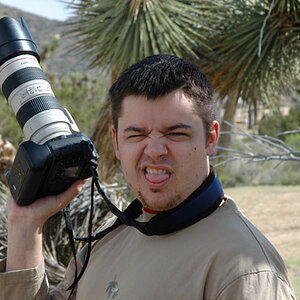GeorgeUK
TPF Noob!
- Joined
- Dec 26, 2007
- Messages
- 454
- Reaction score
- 0
- Location
- London
- Website
- www.pbmwforum.com
- Can others edit my Photos
- Photos OK to edit
Recently purchased a Kenko Circular PL filter and have been giving it a bit of a test run today.
I have to admit however, that I'm not hugely impressed with the effect it has. There's a slight difference, but not hugely.
Could it be that I'm simply using it badly, or perhaps it just simply not a v good filter?
Any hints/tips on how to maximise the benefit??
I tried to take photos with the sun at 90 degrees to me.
When will the effect be most pronounced? Morning/Midday/Evenings?
Any advice much appreciated. :thumbup:
I have to admit however, that I'm not hugely impressed with the effect it has. There's a slight difference, but not hugely.
Could it be that I'm simply using it badly, or perhaps it just simply not a v good filter?
Any hints/tips on how to maximise the benefit??
I tried to take photos with the sun at 90 degrees to me.
When will the effect be most pronounced? Morning/Midday/Evenings?
Any advice much appreciated. :thumbup:
As an eBay Associate we earn from qualifying purchases.


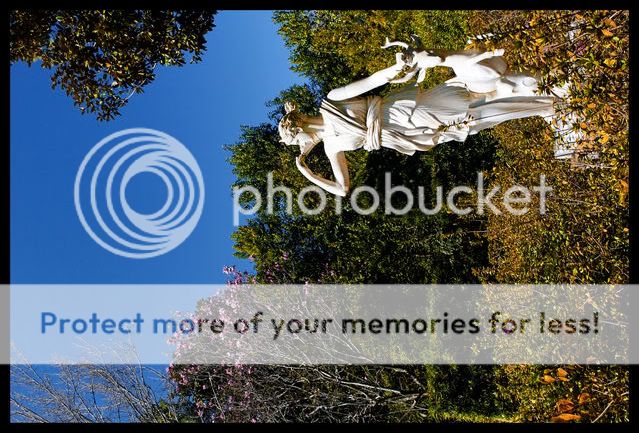


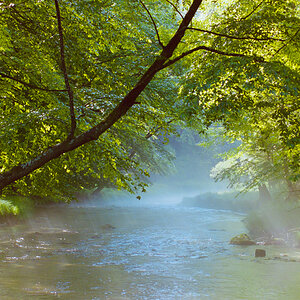

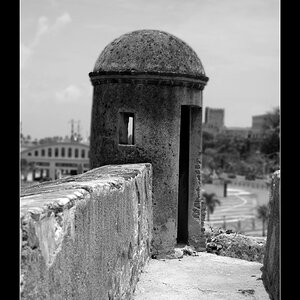
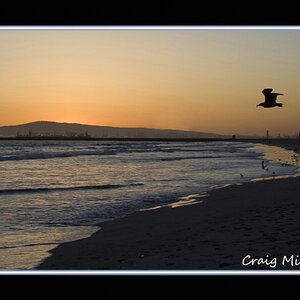
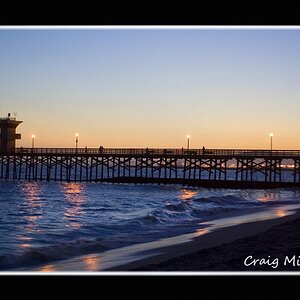
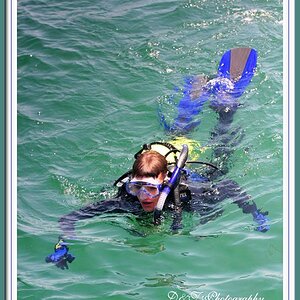

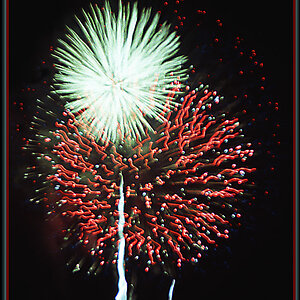


![[No title]](/data/xfmg/thumbnail/42/42461-e2a94a39b9483a804af86010fc52244b.jpg?1619740192)
